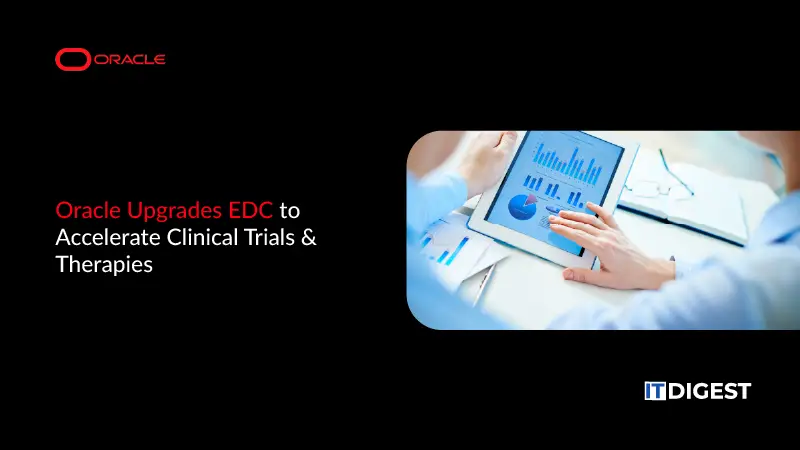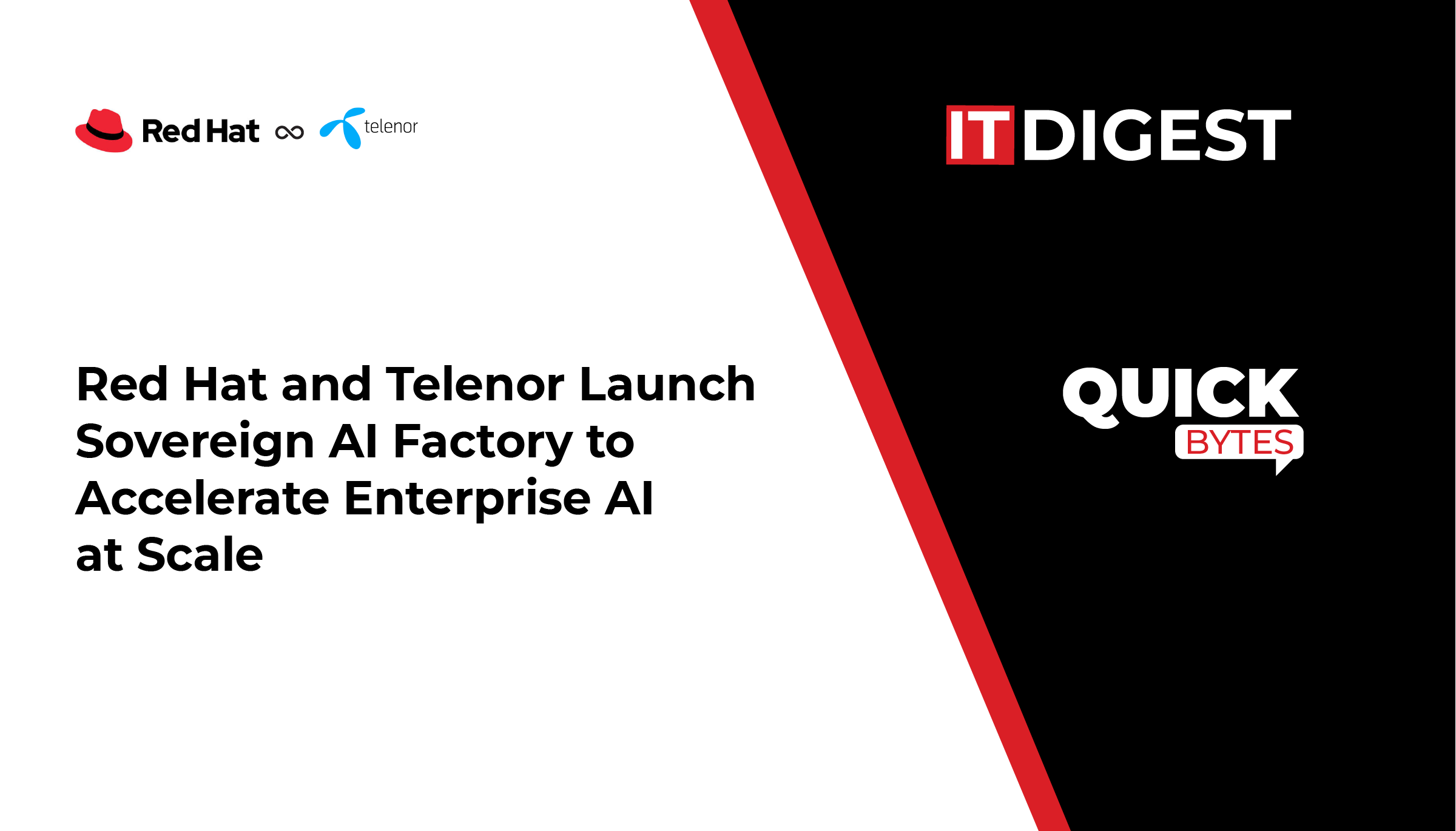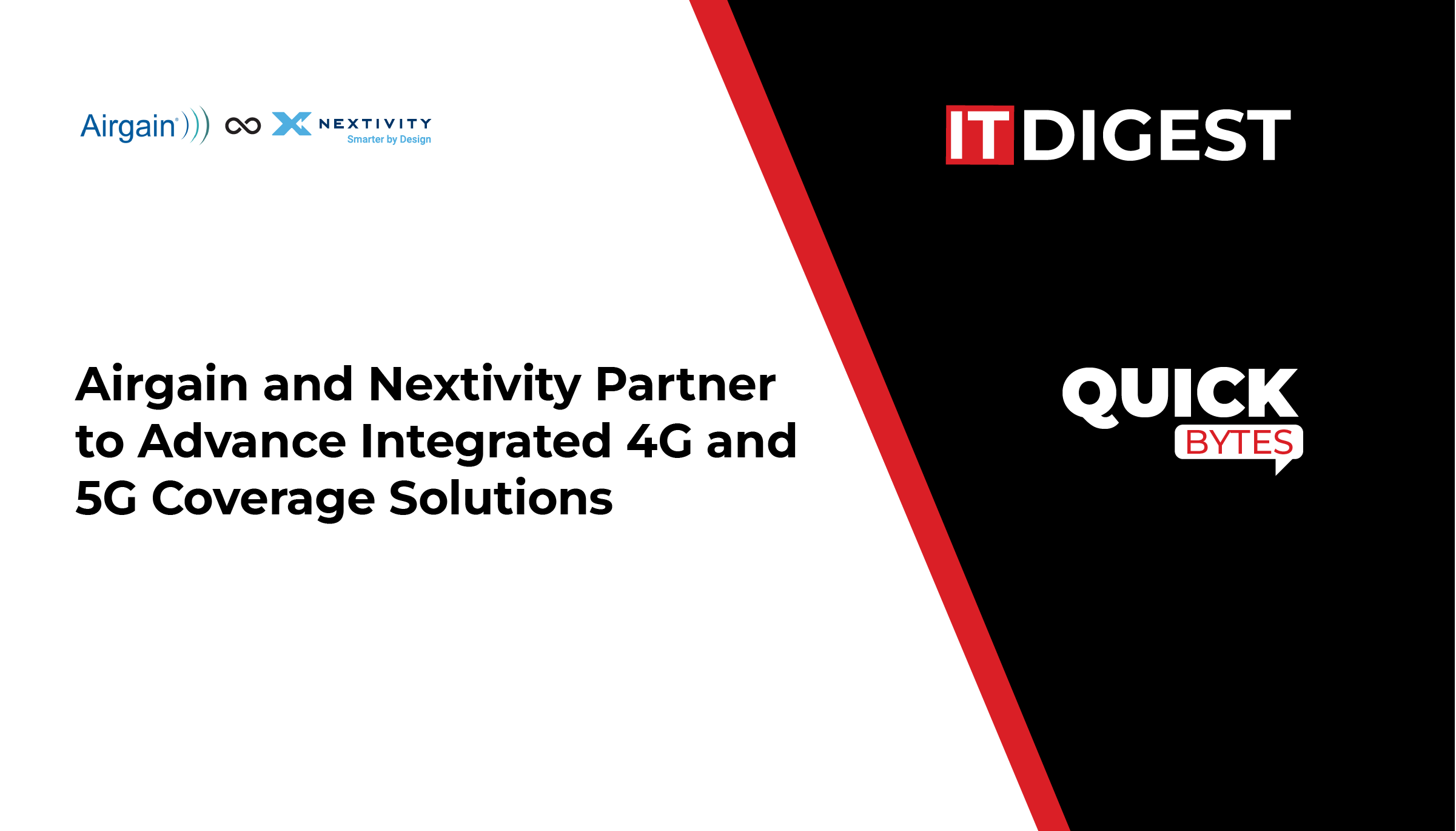Oracle has unveiled major enhancements to its Electronic Data Capture (EDC) solution, Oracle Clinical One Data Collection, strengthening its role as a cornerstone for modern clinical research. The latest updates introduce seamless interoperability with Electronic Health Record (EHR) systems, advanced site-level data management, and end-to-end integration with Oracle Safety One Argus and other leading safety platforms. These innovations aim to simplify trial workflows, eliminate data silos, and accelerate the path from research to market-ready therapies.
Developed in collaboration with leading pharmaceutical organizations and members of Oracle’s CRO Growth Network, the new features highlight Oracle’s ongoing commitment to building AI-driven, interoperable clinical solutions. By focusing on automation, data connectivity, and system flexibility, Oracle is enabling researchers and sponsors to improve efficiency, compliance, and overall trial outcomes.
“In today’s complex clinical trial landscape, interoperability and streamlined data flow are paramount,” said Deepu Joseph, Global Head of DM, Country Head India, Excelya. “Oracle’s focus on agnostic EHR-EDC integration and complete safety reporting within Clinical One Data Collection increases operational efficiency for sites and sponsors. This kind of robust, connected ecosystem is exactly what the industry needs, to reduce burden and accelerate studies.”
Driving Connected Research with EHR Integration
A key advancement is the expanded use of the AI-powered Oracle Clinical Connector, which allows secure, direct data transfers between Oracle Health, external EHR systems, and Oracle Clinical One Data Collection. By automating EHR-to-EDC workflows, researchers can reduce manual data entry, improve accuracy, and accelerate trial progress.
Also Read: University Hospitals Rolls Out HealthSnap RPM for Hypertension
Smarter Site and Subject-Level Data Management
Recognizing the need for flexibility in modern trials, Oracle has enhanced document management capabilities within the platform. Clinical sites can now manage both structured eCRF data and unstructured files at the subject level. For instance, site staff can instantly upload scanned lab reports or contextual documents from mobile devices, ensuring all patient data remains centralized for a more complete subject profile and faster trial execution.
Integrated Safety Reporting for Compliance and Speed
The update also delivers built-in safety reporting capabilities that streamline adverse event management across the trial lifecycle. Leveraging the ICH E2B(R3) standard, sites can now report serious adverse events (SAEs) directly to sponsors with greater accuracy and efficiency. Full interoperability with Oracle Safety One Argus and other safety systems ensures sponsors maintain compliance while minimizing duplicate work and data errors.
“Our EDC enhancements underscore Oracle’s commitment to delivering AI-driven capabilities and aligning clinical research and clinical care by creating a more open healthcare ecosystem that fuels medical breakthroughs for the patients who desperately need them,” said Seema Verma, executive vice president and general manager, Oracle Health and Life Sciences. “These innovations in data collection and safety can help further streamline drug development, to help improve data integrity and regulatory adherence, while empowering researchers to conduct trials with efficiency and precision.”
These enhancements to Oracle Clinical One Data Collection are now available globally as part of Oracle’s standard clinical update cycle, giving research organizations immediate access to next-generation capabilities that drive faster, safer, and more efficient clinical trials.

































